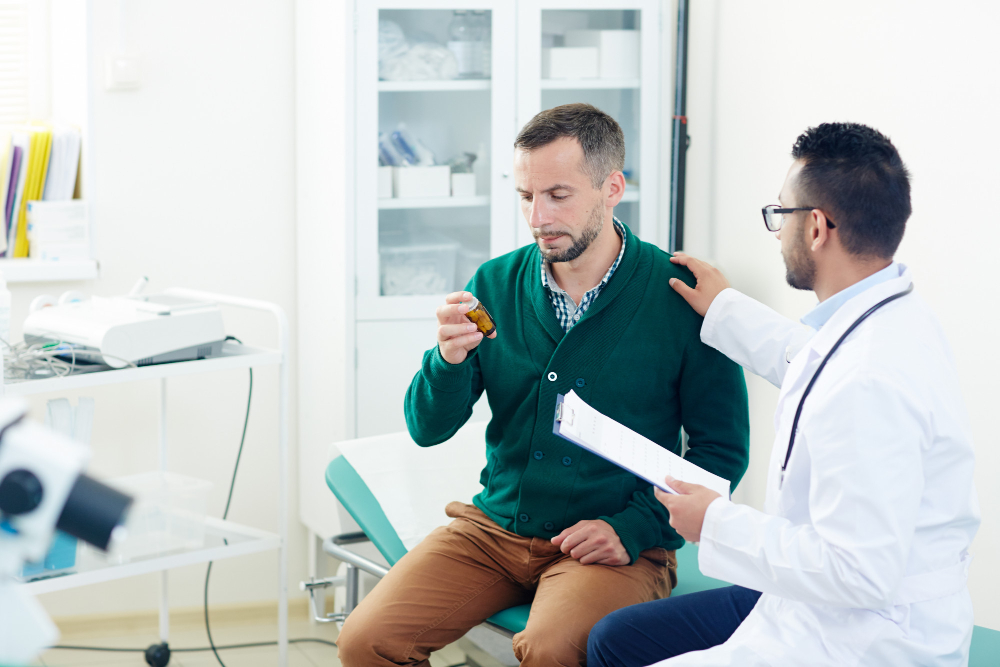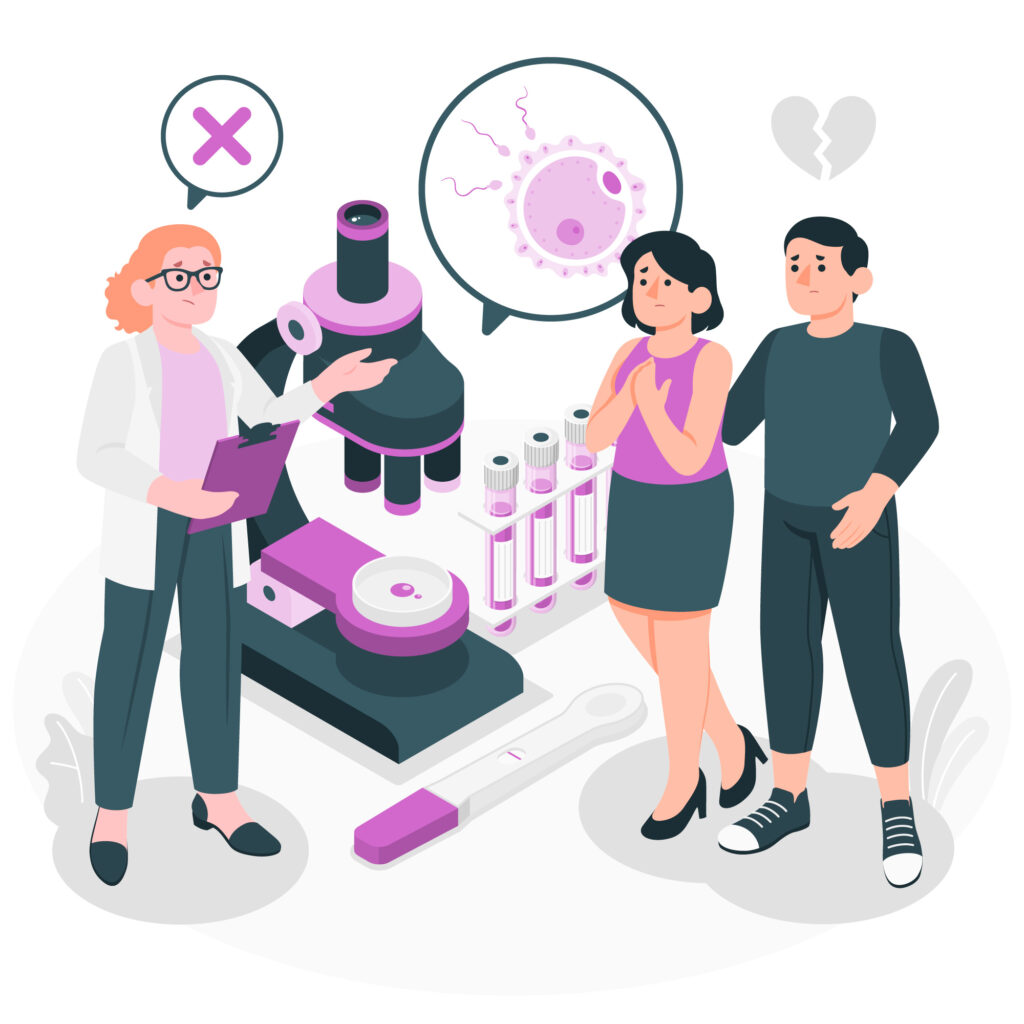
STI testing and treatment involve the identification and management of sexually transmitted infections (STIs) to safeguard individual and public health. Testing typically includes screening for infections such as chlamydia, gonorrhea, syphilis, HIV, and others through laboratory tests, physical examinations, and sometimes imaging studies. Early detection is crucial for timely intervention and prevention of complications. Treatment protocols vary based on the specific STI diagnosed, often involving antibiotics for bacterial infections and antiviral medications for certain viral infections.

STI testing and treatment involve the identification and management of sexually transmitted infections (STIs) to safeguard individual and public health. Testing typically includes screening for infections such as chlamydia, gonorrhea, syphilis, HIV, and others through laboratory tests, physical examinations, and sometimes imaging studies. Early detection is crucial for timely intervention and prevention of complications. Treatment protocols vary based on the specific STI diagnosed, often involving antibiotics for bacterial infections and antiviral medications for certain viral infections.

Testing frequency depends on factors like sexual activity; annual testing is common. Procedures include blood, urine, or swab samples.
Treatment varies by STI; antibiotics for bacterial infections, antivirals for viruses. Effectiveness relies on early detection and medication adherence.
Yes, most healthcare providers offer confidential services to protect privacy.
Untreated STIs can lead to complications like PID, infertility, and increased HIV risk. Early detection is vital to prevent these issues.
Consistent condom use, communication about testing, vaccination, and regular testing before new relationships are key preventive measures.